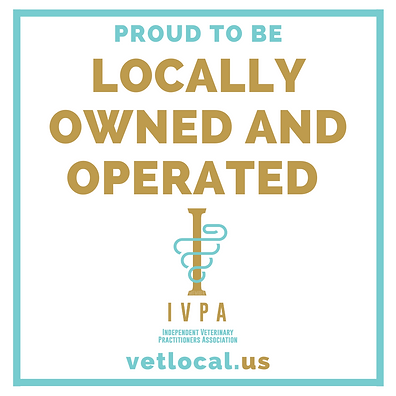- Home
- About Us
- Services
- Exotic Pets
- What is a Speciliast?
- Rabbits
- Rabbit Friendly Veterinarian
- Rabbit Hemorrhagic Disease
- Dacryocystitis (Weepy Eye)
- Abscess in Rabbits
- Senior Bunnies
- Sore Hock (Pododermatitis)
- Snuffles (Rhinitis)
- GI Stasis in Bunnies
- Arthritis in Rabbits
- Do You Want a Bunny
- Ear Mites In Bunnies
- Fleas In Bunnies
- Pain Management for Bunnies
- Introducing New Rabbits
- Bladder Stones in Rabbits
- Sludgy Urine In Bunnies
- Laser Treatment for Rabbits
- Head Tilt in Rabbits
- Liver Lobe Torsion in Rabbits
- Intestinal Obstruction in Rabbits
- Thymoma and Cranial Mediastinal Masses in Rabbits
- Hedgehogs
- Chinchillas
- Hamsters, Gerbils, Rats and Mice
- Degus
- Sugar Gliders
- Guinea Pigs
- Ferrets
- Birds
- Reptiles
- Video Resources
- Referrals
- More
- Resources
- New Client Form
- Contact Us
Priest Lake Veterinary Hospital |
2445 Morris Gentry BlvdNashville, TN 37013-2073(615) 361-4646 |
|
Priest Lake Veterinary Hospital
(615)361-4646
priestlakevet.com
Obesity in HedgehogsHow to Keep Your Pet Healthy and Happy
|
.webp)





